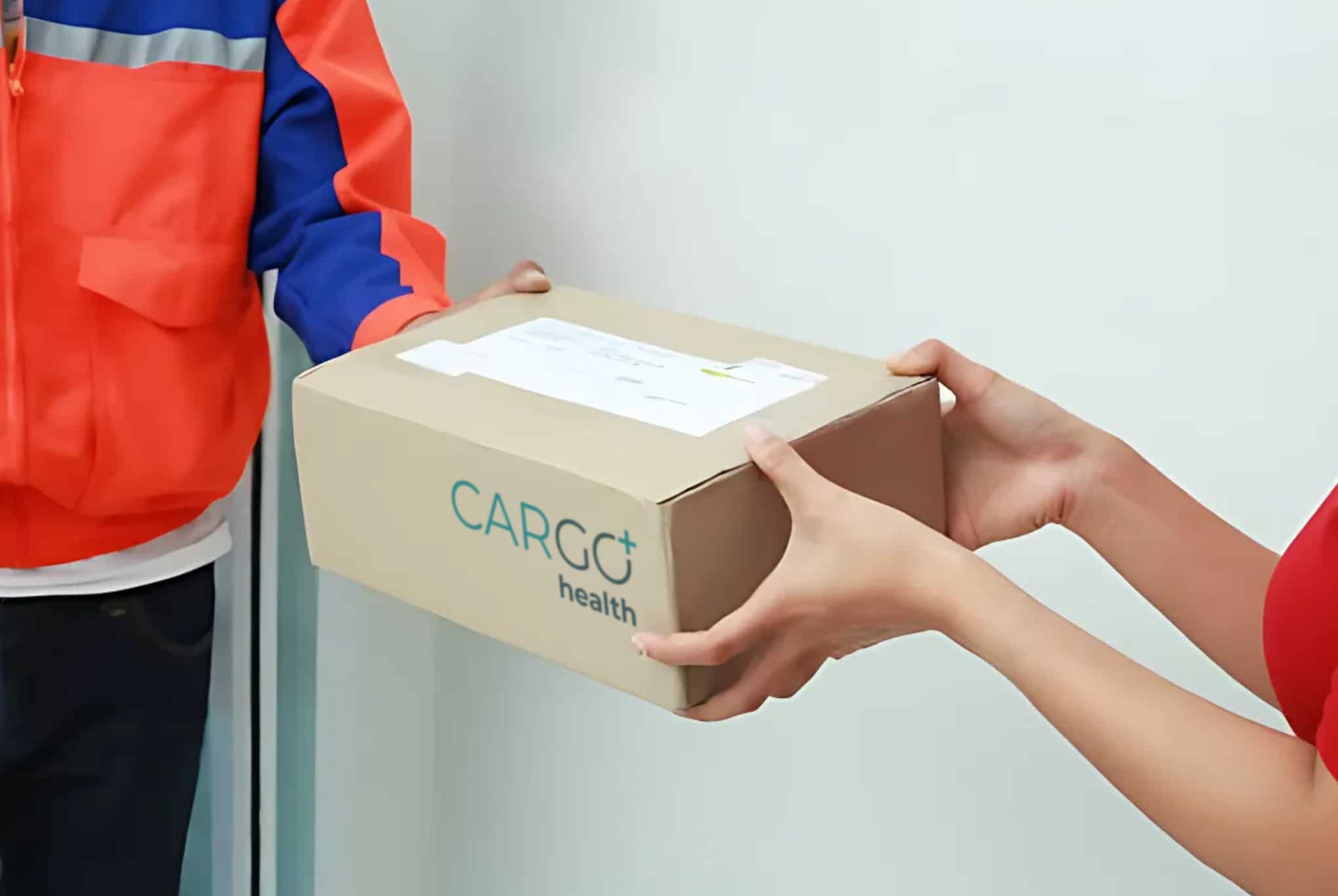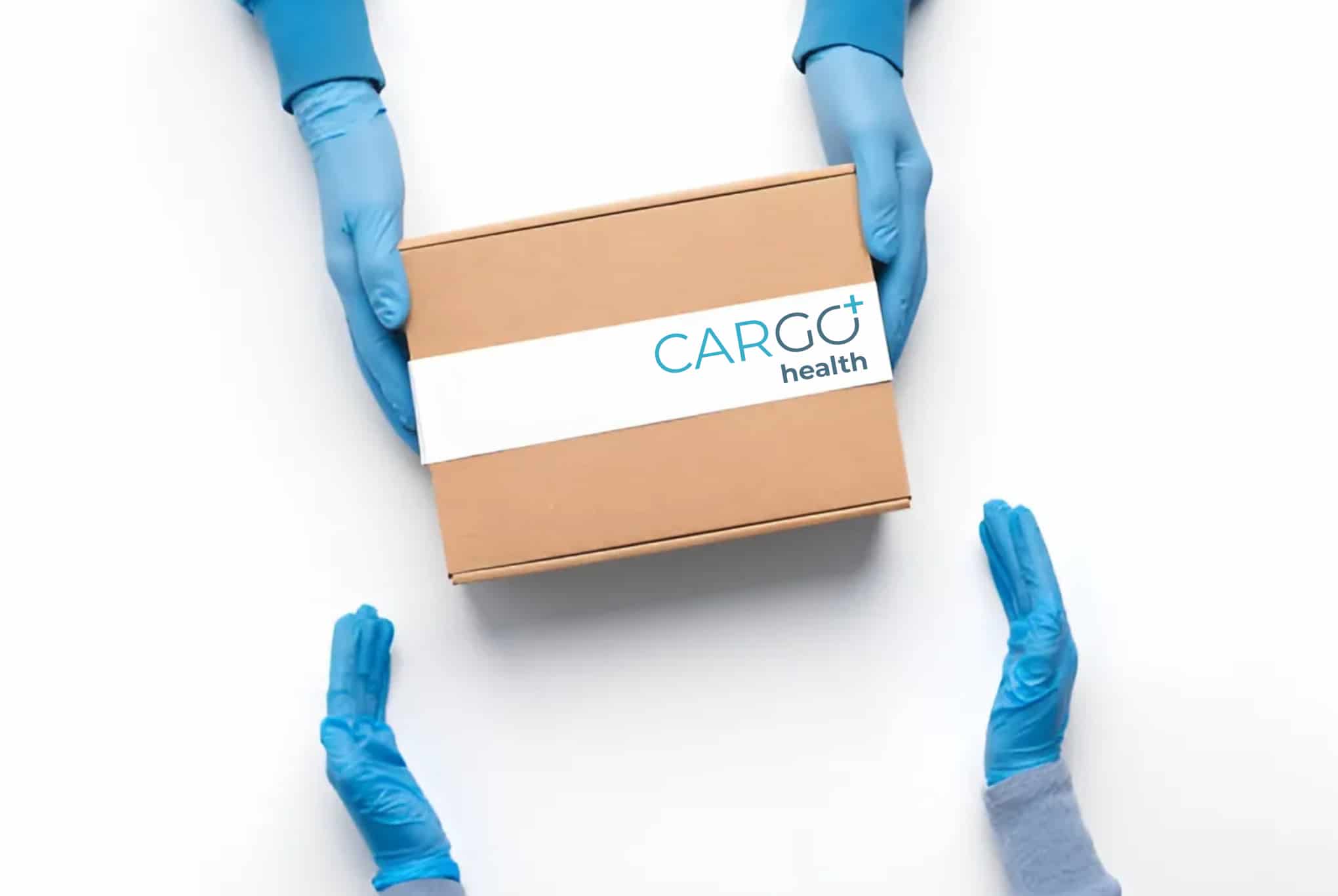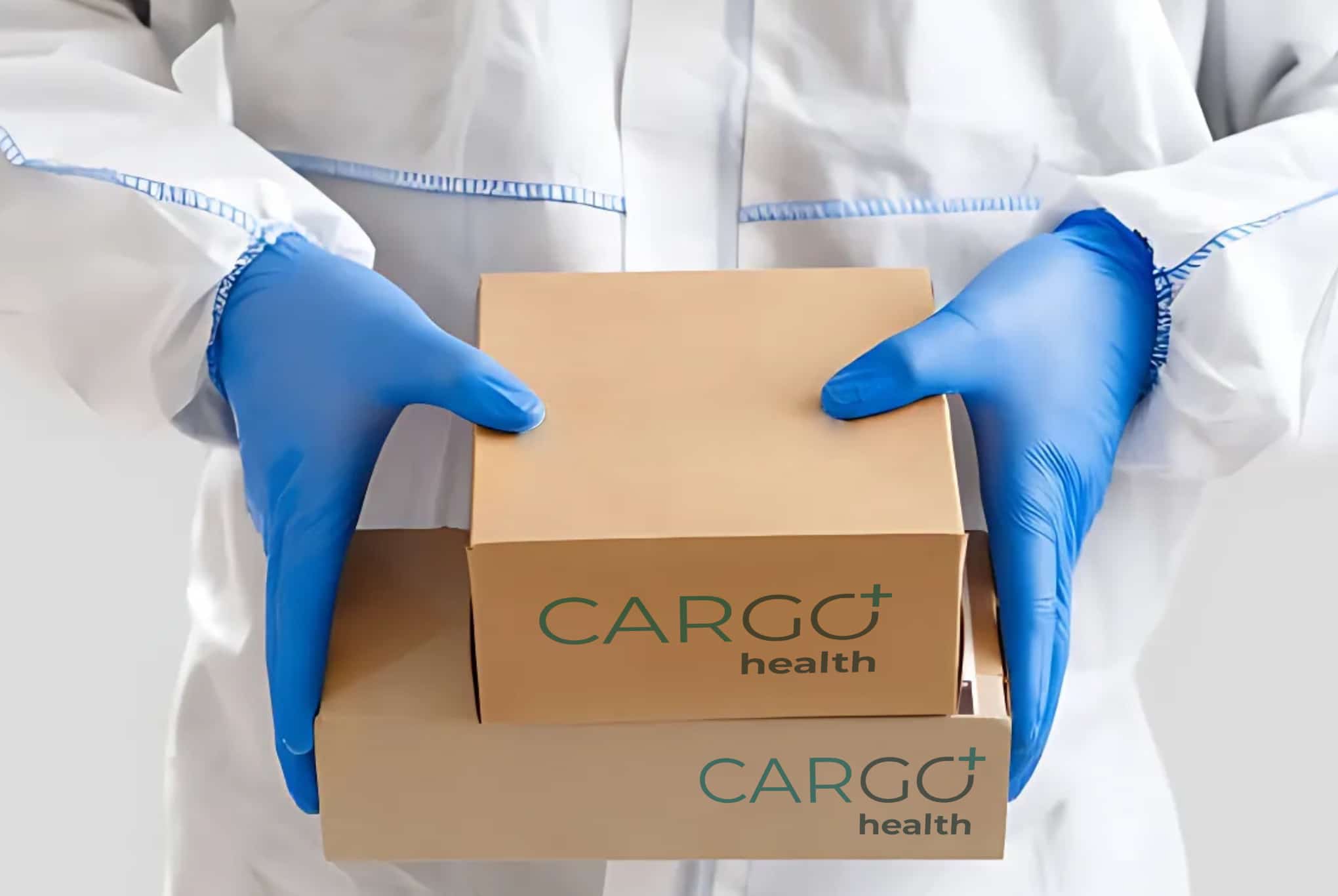The Future of Medical Courier Services: Trends and Innovations

The medical courier industry is undergoing rapid advancements as healthcare demands increase and technologies evolve. With a focus on safety, efficiency, and precision, medical courier services are critical in delivering sensitive healthcare materials such as biological samples, medical equipment, and pharmaceuticals. Innovations in logistics, automation, and sustainability are driving this sector toward improved reliability and compliance with healthcare standards.

Key Trends Shaping Medical Courier Services
- Adoption of Automation and Artificial Intelligence (AI)
- AI-driven route optimization to enhance delivery speed and reduce operational costs.
- Integration of autonomous vehicles and drones for faster, contactless deliveries in urban and rural areas.
- Real-time tracking systems powered by AI to monitor deliveries and ensure compliance with time-sensitive requirements.
- Focus on Cold Chain Logistics
- Enhanced refrigeration technologies to preserve the integrity of vaccines, biological samples, and temperature-sensitive medications.
- Use of IoT sensors to maintain and monitor precise temperatures during transport.
- Advanced packaging solutions that offer longer temperature retention and environmental sustainability.
- Improved Regulatory Compliance
- Adoption of stricter protocols for transporting hazardous or infectious materials.
- Increased use of data-driven reporting to ensure adherence to HIPAA, FDA, and international health regulations.
- Regular training and certification programs for courier personnel to uphold safety and quality standards.
- Technological Advancements in Tracking and Security
- Implementation of GPS-enabled real-time tracking to improve transparency and security during transit.
- Blockchain technology for secure, tamper-proof data sharing between healthcare providers and couriers.
- Smart locks and RFID tags to prevent unauthorized access to sensitive medical materials.
- Sustainability in Logistics
- Transition to electric and hybrid vehicles to reduce the carbon footprint of medical deliveries.
- Adoption of reusable and biodegradable packaging materials to support environmentally friendly logistics practices.
- Optimization of delivery routes to minimize fuel consumption and emissions.
Innovations Revolutionizing Medical Courier Services
- Drone Technology Drones are increasingly being used to deliver medical supplies to remote or disaster-stricken areas. They offer significant benefits, including faster deliveries, lower costs, and reduced human intervention.
- Autonomous Delivery Vehicles Self-driving vehicles equipped with climate control and GPS tracking are enhancing efficiency by reducing reliance on human drivers for short and long-distance medical deliveries.
- AI-Based Predictive Analytics AI tools are being utilized to analyze delivery patterns, forecast delays, and optimize routes to ensure time-critical materials reach their destination without disruption.
- Real-Time Monitoring Tools IoT-enabled devices now allow real-time temperature, humidity, and location tracking, ensuring the safety of biological samples, tissues, and medicines during transport.
- Blockchain for Data Security Blockchain solutions are transforming data management by providing a transparent and secure platform for tracking sensitive medical deliveries.
Benefits of Future Trends and Innovations
- Enhanced Delivery Accuracy AI and automation ensure precise and efficient medical deliveries, reducing human error and improving healthcare outcomes.
- Faster Response Times Drones and autonomous vehicles expedite deliveries, particularly for emergency supplies and time-sensitive samples.
- Cost Reduction Optimized routing, automation, and sustainable practices lower transportation costs while maintaining service quality.
- Improved Environmental Impact Green logistics practices, including electric vehicles and sustainable packaging, support the healthcare sector’s commitment to reducing its carbon footprint.
- Greater Transparency and Security Advanced tracking systems and blockchain solutions ensure secure and traceable deliveries, enhancing trust between providers and couriers.
Key Takeaways
The future of medical courier services is defined by technological advancements, sustainability initiatives, and an increased focus on compliance and security. These innovations are not only improving efficiency and reliability but also addressing the growing needs of healthcare systems worldwide. As the industry continues to evolve, medical courier services will remain a vital component in delivering life-saving materials with speed and precision.








